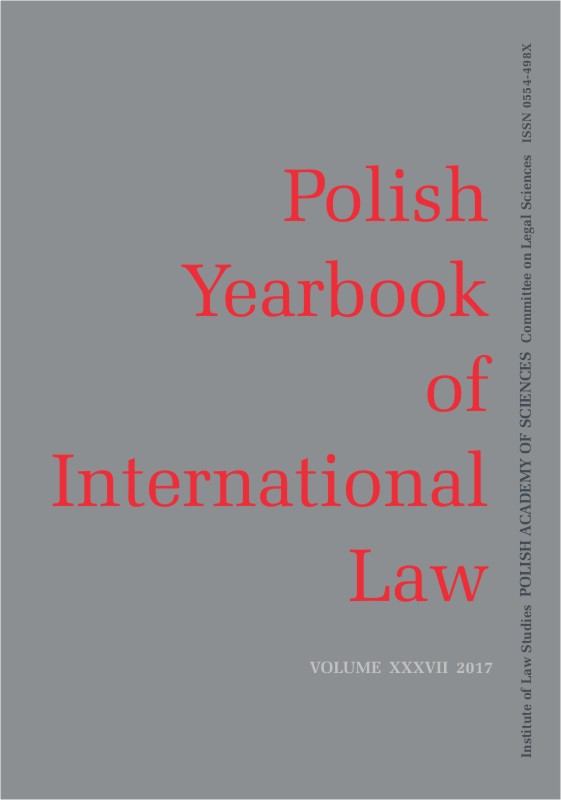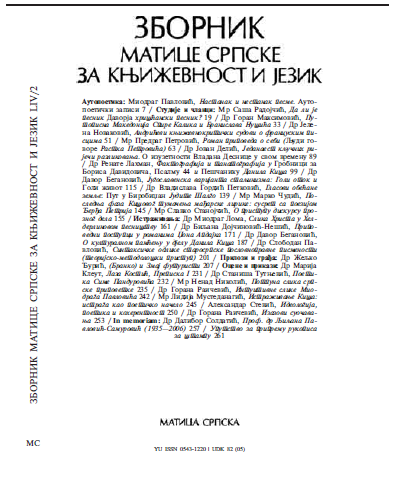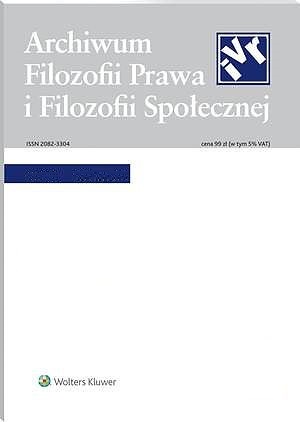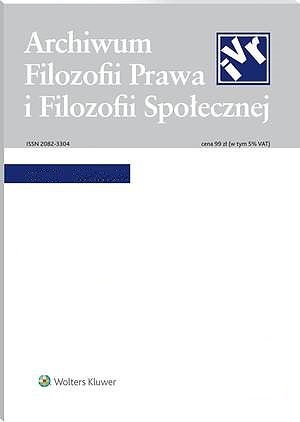
Individual and Collective Identity: Factual Givens and Their Legal Reflection in International Law. Words in Commemoration of Krzysztof Skubiszewski
States and individuals are the essential building blocks of international law. Normally, their identity seems to be solidly established. However, modern international law is widely permeated by the notion of freedom from natural or societal constraints. This notion, embodied for individuals in the concept of human rights, has enabled human beings to overcome most of the traditional ties of dependency and being subjected to dominant social powers. Beyond that, even the natural specificity of a human as determined by birth and gender is being widely challenged. The law has made fargoing concessions to this pressure. Te right to leave one’s own country, including renouncing one’s original nationality, epitomizes the struggle for individual freedom. On the other hand, States generally do not act as oppressive powers but provide comprehensive protection to their nationals. Stateless persons live in a status of precarious insecurity. All efforts should be supported which are aimed at doing away with statelessness or nonrecognition as a human person through the refusal to issue identity documents. Disputes about the collective identity of States also contain two different aspects. On the one hand, disintegrative tendencies manifest themselves through demands for separate statehood by minority groups. Such secession movements, as currently reflected above all in the Spanish province of Catalonia, have no basis in international law except for situations where a group suffers grave structural discrimination (remedial secession). As the common homeland of its citizens, every State also has the right to take care of its sociological identity. Many controversies focus on the distinction between citizens and aliens. This distinction is well rooted in domestic and international law. Changes in that regard cannot be made lightly. At the universal level international law has not given birth to a right to be granted asylum. At the regional level, the European Union has put into force an extremely generous system that provides a right of asylum not only to persons persecuted individually, but also affords “subsidiary protection” to persons in danger of being harmed by military hostilities. It is open to doubt whether the EU institutions have the competence to assign quotas of refugees to individual Member States. Te relevant judgment of the Court of Justice of the European Union of 6 September 2017 was hasty and avoided the core issue: the compatibility of such decisions with the guarantee of national identity established under Article 4(2) of the EU Treaty.
More...


